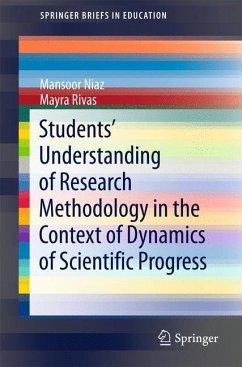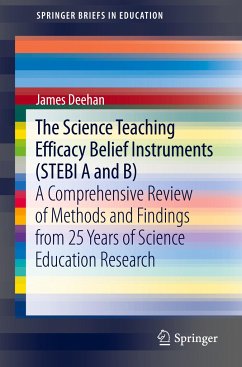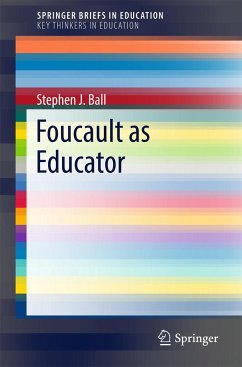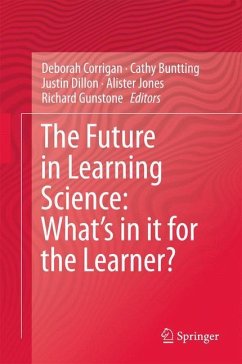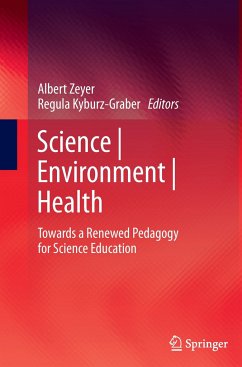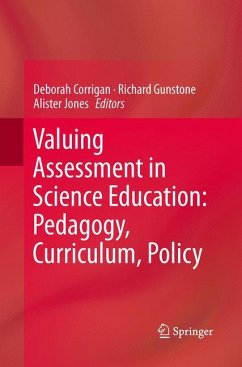
Ethics and Science Education: How Subjectivity Matters

PAYBACK Punkte
19 °P sammeln!
This book encapsulates a line of research that looks at how students are positioned as ethical actors/decision makers in biology education by science policy, curriculum, and classroom resources. Its basis comes from a textbook study that examined how biology texts work to constitute subjectivities related to neoliberalism and global capitalism, sex/gender and sexuality, and ethics. The study found that textbook discourses set limits on a) the types of ethical concerns represented b) the modes of ethical engagement c) the dispositions necessary to engage in ethical action or decision-making. Po...
This book encapsulates a line of research that looks at how students are positioned as ethical actors/decision makers in biology education by science policy, curriculum, and classroom resources. Its basis comes from a textbook study that examined how biology texts work to constitute subjectivities related to neoliberalism and global capitalism, sex/gender and sexuality, and ethics. The study found that textbook discourses set limits on a) the types of ethical concerns represented b) the modes of ethical engagement c) the dispositions necessary to engage in ethical action or decision-making. Policy reform, regulation, and personal lifestyle choices were the primary ways students could approach ethical decision-making or action. While these approaches are useful, they are likely not sufficient for dealing with major twenty first century problems such as climate change and social inequality, along with new ethical dimensions introduced by biotechnologies and genomic research. Thisresearch brief sets a context for how discourses of science education policy and curricula work to shape a 'subject of ethics', that is how students come to see themselves as participants in issues of ethical concern. Drawing from a structural-poststructural philosophical approach, Science and Technology Studies, educational research, and a methodology based on discourse analysis and ethnography, this book's overall goal is to assist with research into subjectivity, ethics, politics, policy, and socioscientific issues in science education.




